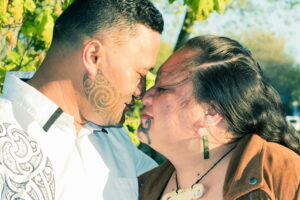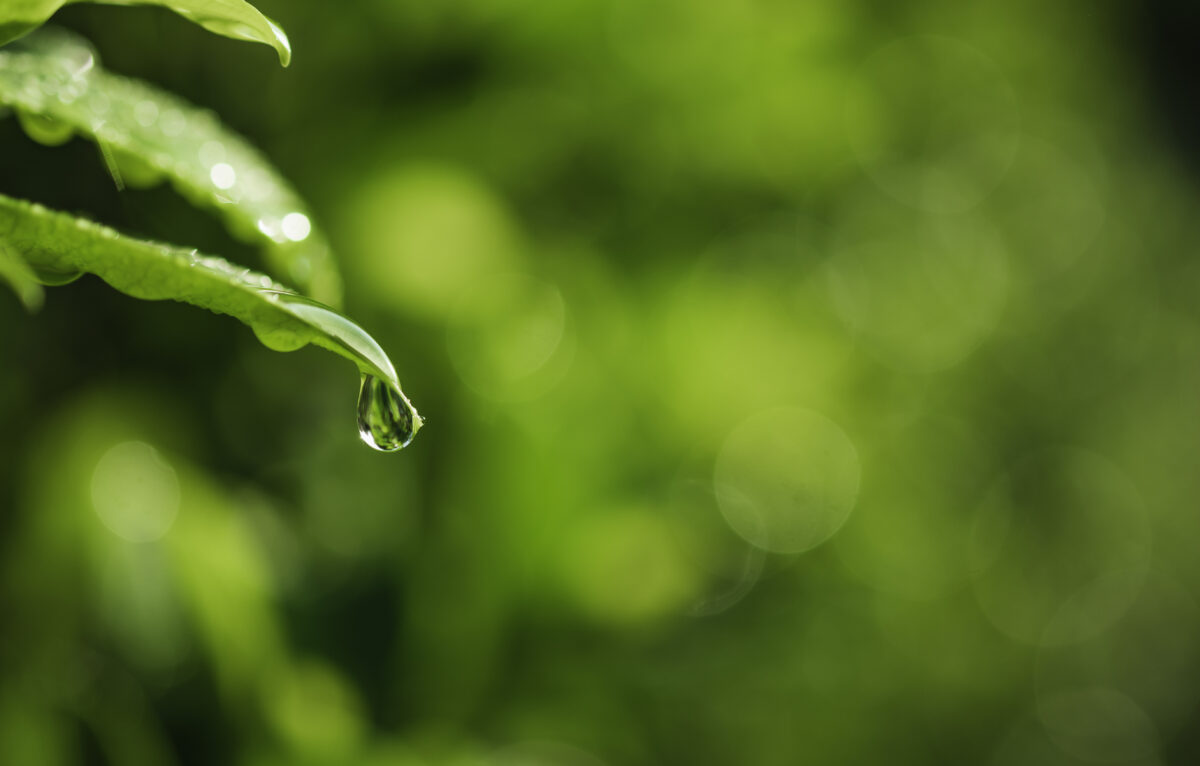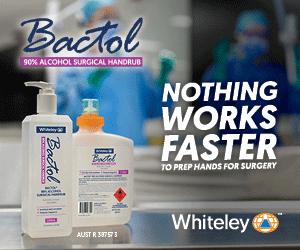Self-care for Māori nurses
- Karakia — Say your prayers.
- Kōrero — Talk to your Māori nursing friends.
- Wāhi — Go to your special place.
- Whanaungatanga — Reconnect with your whānau, hapū, iwi, hapori.
- Me haere — Recognise when it’s time to move on.
- Oranga tinana, oranga hinengaro, oranga wairua — Physical, mental and spiritual wellbeing.
Having not seen each other in person since before COVID, I recently had the opportunity to catch up with my niece. I wanted to hear how her job was going — having graduated six years ago, she had decided to become a mental health nurse, and I was interested to know what was happening in her world.
She is a young, confident wahine Māori, who seemingly has the world at her fingertips; but soon after she arrived, it became apparent that things were not good. She described many of the challenges tapuhi Māori experience working at the coalface.
My niece is finding her current work environment tough — staff shortages, inadequate skill mix, and poor and at times dangerous decisions made by invisible managers adding to an already pressured environment of caring for very mentally unwell and potentially violent patients.
She described to me the many high risk and stressful situations she was now experiencing on a daily basis as the most senior nurse on the floor, and the resulting impacts on her health and wellbeing, such as stress, anxiety and poor sleep.
I worried that she may decide to leave nursing all together, something that would break my heart.
She discussed her disillusionment with nursing, and how it hadn’t turned out to be the career she had hoped for. I recognised those signs of disillusionment, although I don’t think they affected me as early in my career. I worried that she might decide to leave nursing all together, something that would break my heart.
We had talked previously that maybe it was time for her to move on. But she was reluctant to leave, citing her concern for her Māori patients, worrying that if she were not there for them, who would watch out for them, who would ensure they were being looked after appropriately.
Reality check
I recognised that dilemma — I had been there myself. I did a reality check with her and reminded her that no matter where you go in your nursing career, you will always feel this way, because our Māori people are everywhere in the health system, and they are generally the sickest and the most complex.
We talked for hours, back and forth, about what she was going to do, about her options. She recognised she was burnt out, and added that she was surrounded by nurses who were equally or more burnt out.

I advised my niece as best I could without wanting to lecture her and sound like the old lady telling the young person how to live their life. I also asked her what she did to look after herself and she appeared to struggle with this.
I questioned her about self-care and the things she has in place to help maintain her spiritual and mental wellbeing. She said: “Auntie, they never taught us that stuff in our training.”

After she left, I reflected on how tough it is at the moment. Stress is high, and nurses at the frontline are under increasing pressure to deliver services to the public from a system that is stretched and broken.
The burden borne by Māori nurses is even greater. Recent research co-authored by Kiri Hunter (Ngāti Kahungunu, Rangitāne, Ngāti Maniapoto) confirmed what Māori nurses already know, that we bear the “heavy burden and deep sense of obligation to watch over and advocate for the appropriate care of all Māori whom we encounter”1, and we do this on top of an already busy and stressful workload.
I thought about what my niece said about self-care, so I put this together as a reminder of some interventions that may help.
Who am I to give this advice? Just one Māori nurse sharing my thoughts and experiences, in the hope it may help other Māori nurses.
Self-care for Māori nurses
-
Karakia — Say your prayers.
At the end of your shift, your day, say a karakia, bless yourself, whether it be a religious prayer or a traditional karakia or some routine that you develop. Use it as a process of whakawātea (cleansing), acknowledge the taumahatanga (the burden) of your day. Say your karakia so you don’t take the taumaha home with you to your whānau. Karakia every day, do it before work even, but especially at the end of the day, make it a habit.
I know during my career I have been in some situations where I have felt really vulnerable, both physically and spiritually — that feeling that a situation has been so heavy or stressful it left an imprint on my wairua.
I have felt its weight on me as I have left the ward, or as I have walked to my car at the end of the day, knowing I didn’t want to take it home with me. This is when I did my karakia.
We work with people at some of the most difficult times in their lives, when they can be at their most distressed. There have been a couple of times during my career where I needed to seek out a tohunga (spiritual expert) for my self-care.
You will know when these situations are — when they occur, don’t hesitate, ask your whānau where to seek out your iwi tohunga or minita (minister). Or if you don’t have ready access to iwi support, ask the Māori unit at work — they will point you in the right direction.
-
Kōrero — Talk to your Māori nursing friends
Form a support group with other Māori nurses, either formal or informal — it could be just you and a hoa catching up once a week. But find someone you can debrief with safely and confidentially.

I prefer to do this with other Māori nurses, because they just get it, I don’t need to explain, it’s just understood. I have a number of Māori nursing groups I meet with regularly but probably my most consistent catch-up is with a group of Māori mental health nurses.
We make the time to meet up monthly, we usually go out for dinner, have a good debrief and always a good laugh. I also have many Māori nursing friends whom I have met throughout my career who I keep in regular contact with, and when I am in town I will try and catch up with them — we will talk about work and the pressures we experience.
I have found through my career that the higher up the ladder you go as a Māori nurse, the lonelier it gets — having a hoa to share the experience can make a world of difference.
-
Wāhi — go to your special place
I don’t think this one should be a surprise for any of you. Go and spend time at your special place as often as you can.
I know not everyone can get back to the marae or papakāinga, or in some cases may not have access to them. But think about a place that is important to you, a place that brings you joy, perhaps a place where you spent your holidays as a child, a beach, a lake, a bush, a park — find time regularly to go there.

Take your shoes off, place your feet on Papatūānuku and breathe in the place, let it fill you up, let it revive you. Say your karakia. Return there as often as you can.
Every year, sometimes four to five times a year, I go home to my whānau papakāinga. It is significant to me for so many reasons, it replenishes me, it is my special place.
-
Whanaungatanga — Reconnect with your whānau, hapū, iwi, hapori
If you don’t have the pleasure of working for your own iwi health provider (the stats tell us that predominantly Māori nurses work at Te Whatu Ora), then it is important to find time to reconnect with your whānau, hapū, iwi or hapori.
Working rostered shifts on a busy acute ward, it’s easy to forget why you decided to become a nurse, and nothing reminds you more than sitting among your own people. COVID has made this difficult in recent times.
 But whether it be calling around to see your auntie for a cup of tea with a packet of biscuits, or heading to your marae AGM, making those connections with your own people helps to ground you again, helps to remind you why you are doing this job.
But whether it be calling around to see your auntie for a cup of tea with a packet of biscuits, or heading to your marae AGM, making those connections with your own people helps to ground you again, helps to remind you why you are doing this job.
Many times in my career I have thought about leaving nursing, but going to a hui and connecting with my iwi has often been food for the soul, bringing me back to reality with a thud.
If you are not connected with your iwi, then make those connections with your local Māori community, whether through attending te reo Māori classes or joining waka ama or going along to local Māori events. Sometimes it’s easy to forget when you are caring for so many chronically ill Māori people that there are a lot of our people out there living their best lives.
-
Me haere — Recognise when it’s time to move on
If things are not improving at work and you feel exhausted all the time, you feel your anxiety levels rise as soon as you round that last bend leading to work, or your sleep is disturbed so you need to take medication or are taking antidepressants and know that much of your unhappiness is related to work pressure — it’s time to move on. Find another job.
That doesn’t mean you have to leave nursing, but find something different to do.
The number one indicator that it’s time to move on is when you find you are losing your aroha (passion) for the job.
I told my niece she should try working regular hours in a community role, having worked inpatient all her career. She is worried about the responsibility and the reduction in pay. But I reasoned with her that you soon get the hang of the responsibility and what you lose in income you make up for in lifestyle and a better social life.
Over my career I have had a pattern of changing roles every three years. But I think the number one indicator that it’s time to move on is when you find you are losing your aroha (passion) for the job. That’s a bad sign. You are burnt out. Get out of there asap!
-
Oranga tinana, oranga hinengaro, oranga wairua – Physical, mental and spiritual wellbeing
Along with these interventions, there are other healthy practices that can further enhance your self-care.
Check out this awesome link to Māori tai chi2 — I use it in my teaching. But don’t forget other well-known and effective self-care interventions such as mindfulness, yoga, meditation and just exercise; go for a walk or join a gym, attend mau rakau class or join a waka ama group. Get the husband/wife and the kids to join you, do it together as a whānau. There is endless research out there about the benefits of such interventions on your health and wellbeing.
Recent changes in my diet and lifestyle have made me more aware of how my body responds to good healthy kai and regular exercise.
Equally, start a new hobby doing something completely random and different to work, like weaving or painting — such hobbies can help alleviate the pressures of the day.

Finally, when we are talking self-care, we shouldn’t forget to talk about diet, and as shift workers our diets suffer. Recent changes in my diet and lifestyle have made me more aware of how my body responds to good healthy kai and regular exercise.
Research has determined the link between microbiomes in the stomach and mental health, and there are current trials researching the impact of diet on mental health diagnosis such as major depressive disorder.3 So the significance of diet on our physical health is well established, but now we know its effect on mental wellbeing cannot be under-estimated.
No reira, e nga tapuhi Māori, whaiā ngā mea hei oranga mōu, mo tou tinana, hinengaro me tou wairua hoki. Kia kaha, kia maia, kia manawanui.
Pipi Barton (Ngāti Hikairo ki Kāwhia), RN, MPhil(nursing), is a nursing lecturer at NorthTec and a PhD student at AUT.
References
- Hunter, K., & Cook, C. M. (2020). Cultural and clinical practice realities of Māori nurses in Aotearoa New Zealand: The emotional labour of Indigenous nurses. Nursing Praxis in Aotearoa New Zealand, 36(3), 7-23.
- Hikitia te Hā — Tai Chi
- Bastiaanssen, T. F. S., Cussotto, S., Claesson, M. J., Clarke, G., Dinan, T. G., & Cryan, J. F. (2020). Gutted! Unraveling the Role of the Microbiome in Major Depressive Disorder. Harvard Review of Psychiatry, 28(1), 26-39.





